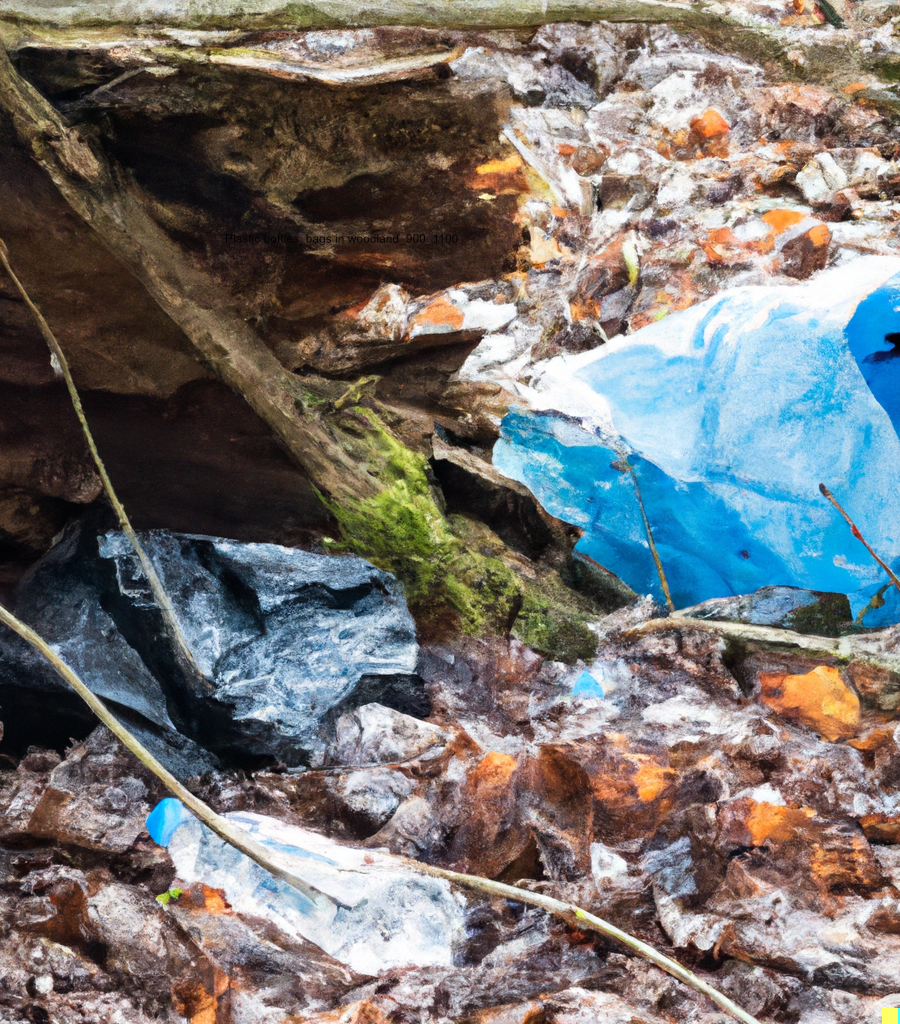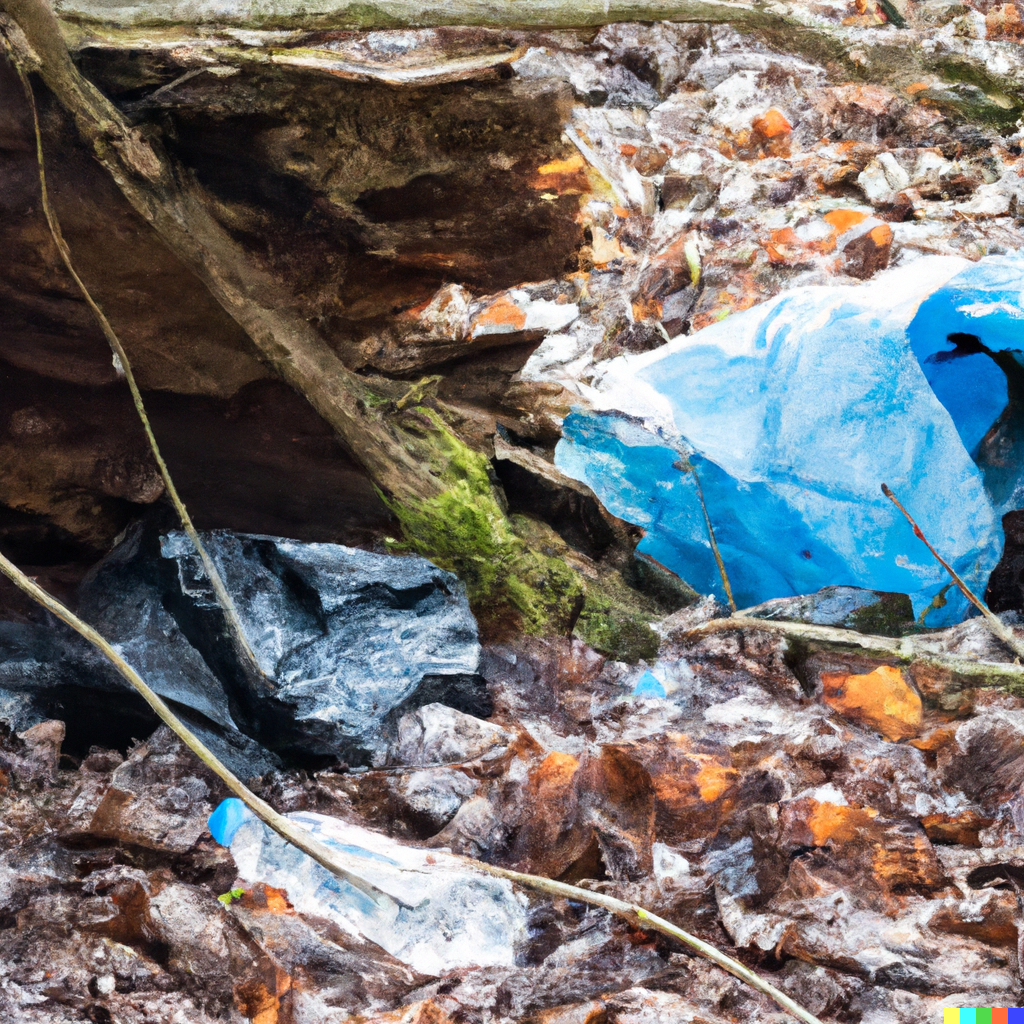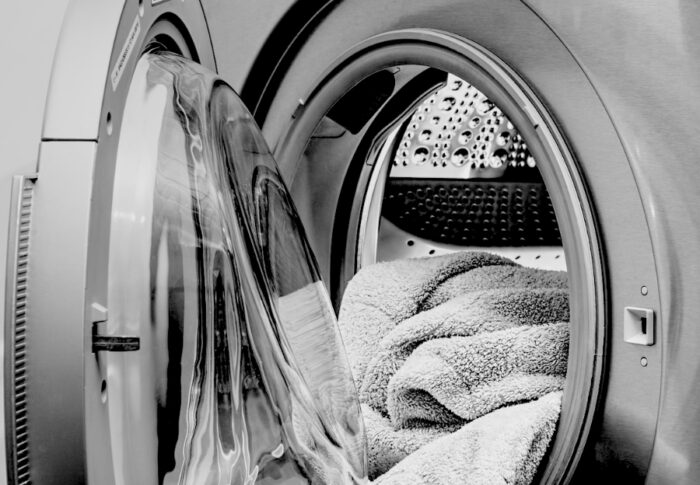
Don’t just dream of a plastic free world. Let’s make it a reality!

As we confront these mounting challenges, it’s imperative to reduce plastic usage and transition towards sustainable alternatives. It’s become undeniable, not only for the sake of our planet’s health but also for the well-being of future generations
Going plastic-free can indeed be a cost-effective and environmentally responsible alternative in the long run. While the initial transition may require some adjustments, the benefits of reducing plastic consumption can outweigh the costs.
Reduced Disposable Costs: Many single-use plastic products, such as water bottles, shopping bags, and disposable cutlery, are more expensive on a per-use basis than their reusable counterparts. By investing in reusable items like water bottles and shopping bags, you can save money over time.
Less Food Waste: Plastic packaging can contribute to food waste by trapping moisture and causing spoilage. By opting for unpackaged or bulk foods and using reusable containers, you can help reduce food waste and save on grocery costs.
Lower Healthcare Expenses: Some plastic products, especially those containing harmful chemicals, can pose health risks. By reducing exposure to potentially harmful plastics, you may lower your healthcare expenses in the long term.
Energy Savings: The production and disposal of plastic products are energy-intensive processes. Reducing plastic consumption can indirectly contribute to lower energy consumption and potentially reduced utility bills.
Extended Product Lifespan: Many plastic-free and sustainable products are designed for durability and longevity. While they may have a higher upfront cost, they can outlast their plastic counterparts, saving you money on replacements.
Minimal Maintenance: Some plastic-free alternatives, like stainless steel or glass containers, require less maintenance and are less prone to wear and tear, reducing the need for frequent replacements or repairs.
Environmental Benefits: By reducing plastic waste and minimizing your environmental footprint, you contribute to a healthier planet, which can lead to long-term cost savings by mitigating the economic impacts of environmental degradation.
Avoiding Unnecessary Purchases: Going plastic-free often encourages more mindful consumption. You’re likely to buy only what you truly need and avoid unnecessary purchases, which can lead to financial savings.
Community and DIY Solutions: Engaging with the plastic-free lifestyle can lead to community involvement and DIY solutions. For example, participating in local food cooperatives or making homemade cleaning products can save you money while reducing plastic waste.
Financial Incentives: In some regions, governments and businesses offer incentives for adopting sustainable practices, such as discounts for using reusable containers or tax breaks for eco-friendly home improvements.
While there may be some initial costs associated with transitioning to a plastic-free lifestyle. The long-term financial benefits, combined with the positive environmental impact, make it a wise choice for those looking to save money while reducing their plastic consumption.






